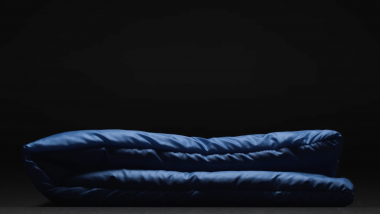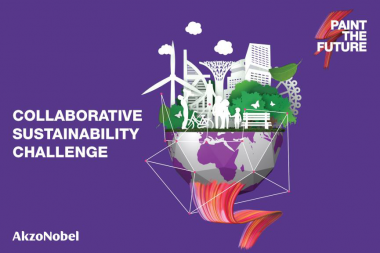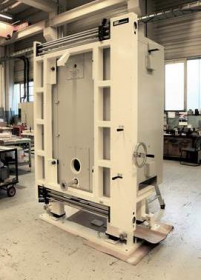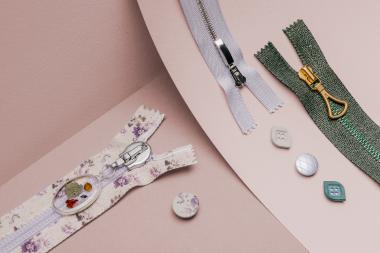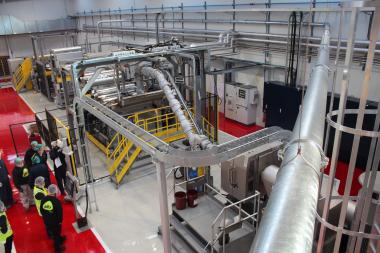Thermore launches EVOdown® made of recycled fibers
Thermore launches its new product EVOdown®, made of 100% recycled fibers from PET bottles. Thermore EVOdown® bridges the gap between free fibers and traditional padding, delivering the ultra-soft hand and drape of blow-in fibers in a rolled form.
EVOdown® consists of millions of free fibers encapsulated by two containing outer layers. It is light-weighted and has a silky touch.
EVOdown® is another step towards sustainability for the Milan-based company, which has now converted over 97% of its turnover into insulations made of either fully or partially recycled fibers (based on actual sales figures). This brings Thermore closer to an exclusively sustainable product offer. Sustainability has always been part of Thermore’s DNA, as the Group pioneered the use of recycled fibers in the early 80s and mastered it thereafter.


